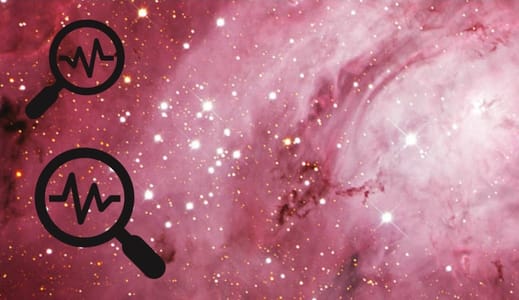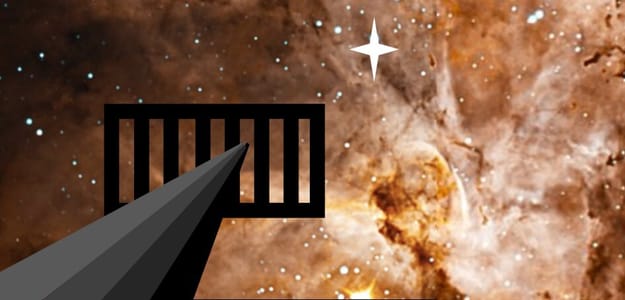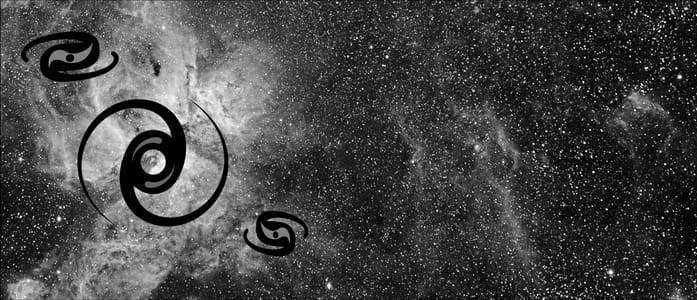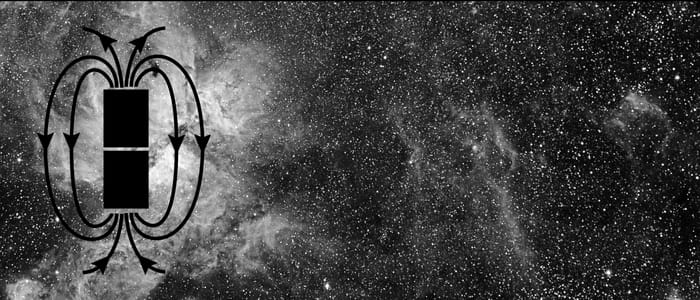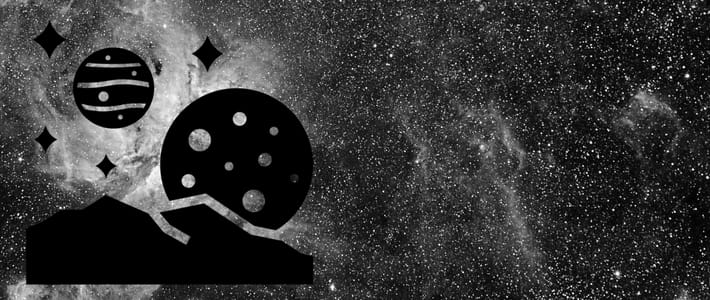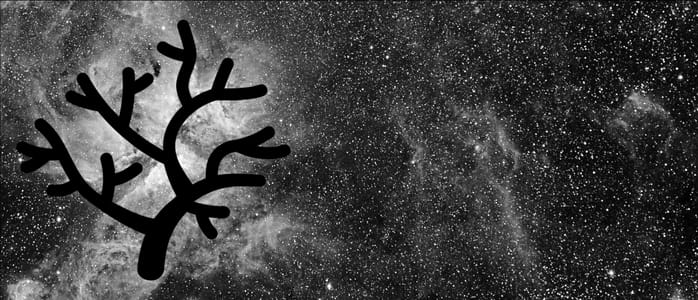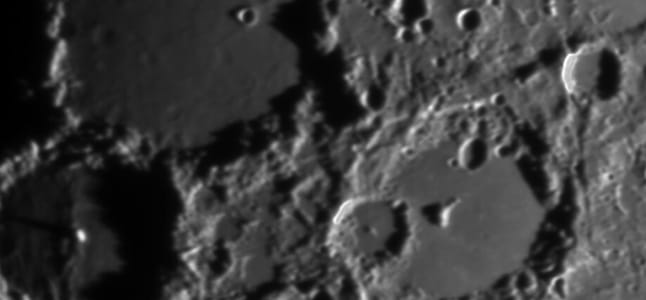Enabling School Students to Explore the Night Sky
Under the supervision of a local science teacher, the school children are free to explore the night sky with the telescope and operate the observatories themselves. After local bedtime, the telescopes operate robotically, under the remote control of one of the Global Jet Watch team, gathering data on important dynamical systems in our Galaxy for our astrophysics research programmes.
The teenagers have fun being engaged in authentic scientific research, and gain confidence in technology control and analytical skills. Above all, the experience expands their horizons and lifts their aspirations, supporting both their education and providing a platform for their future careers.





